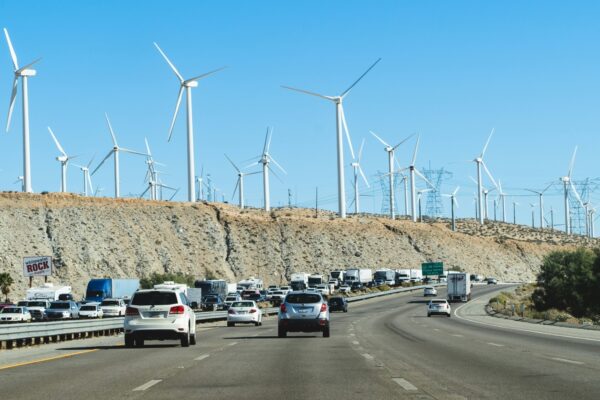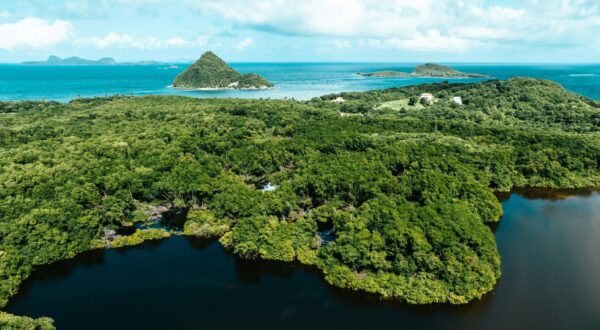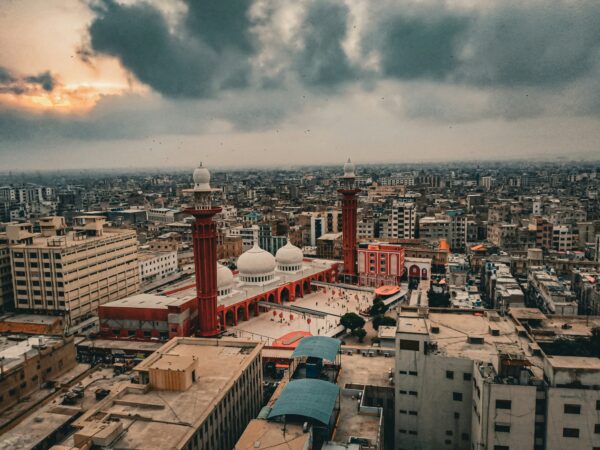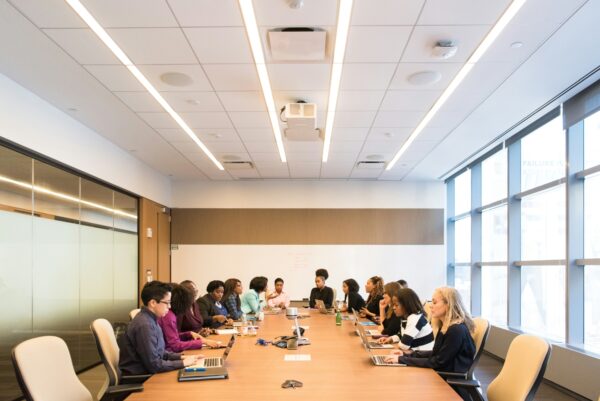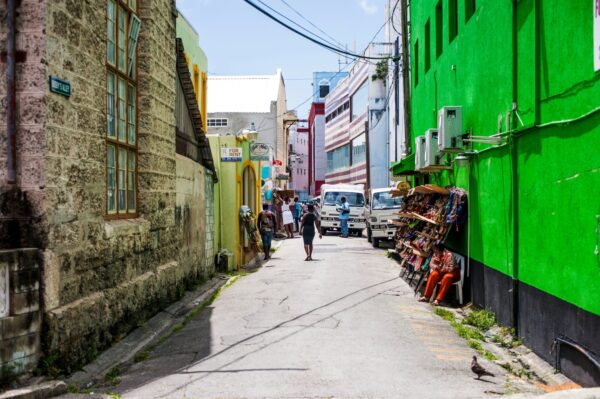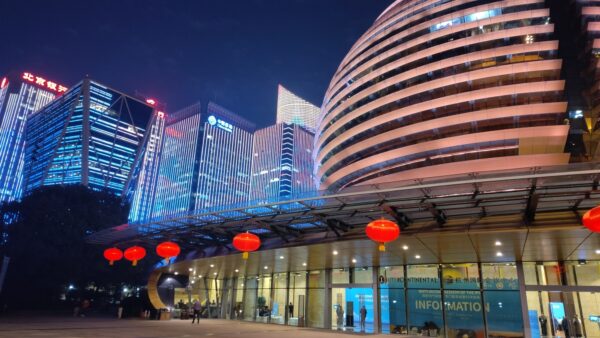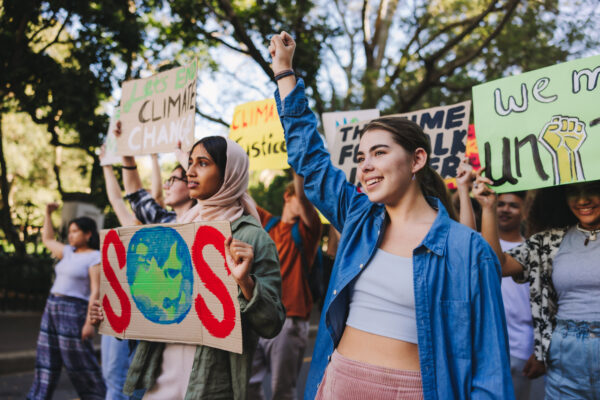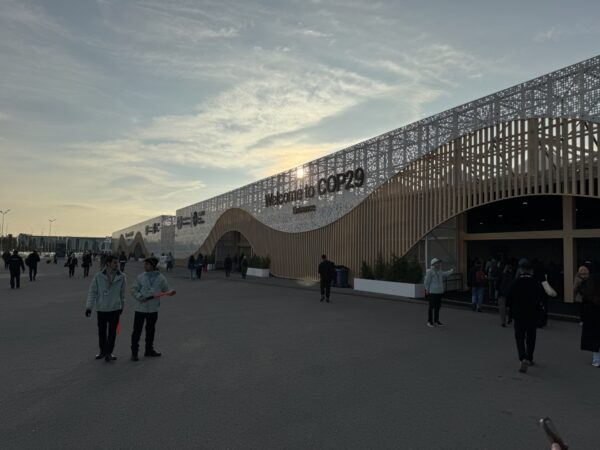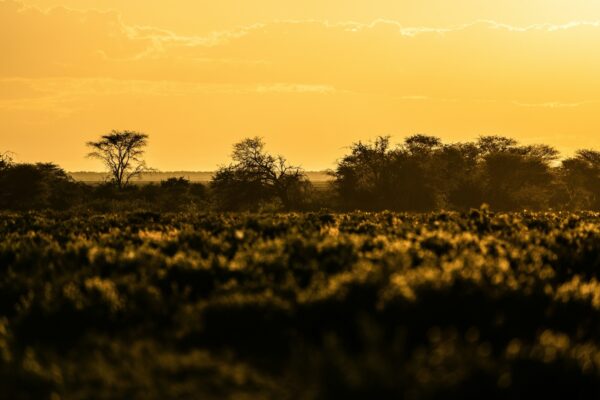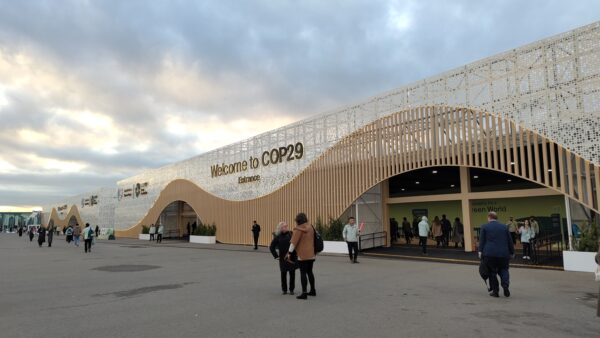The Suva Expert Dialogue: pushing the conversation on Loss and Damage
Olivia Serdeczny, Linda Siegele, Doreen Stabinsky
Share
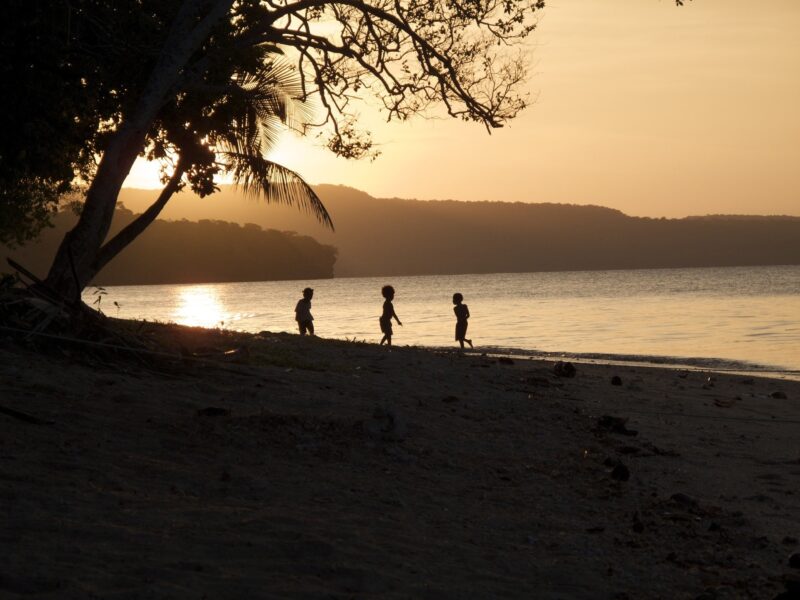
The Suva Expert Dialogue 2-3 May in Bonn, and the technical paper it is meant to inform, are important next steps to furthering collective understanding of approaches to address loss and damage, associated finance needs, and sources of support. The two-day workshop can be instrumental in pushing the conversation beyond existing approaches, in particular risk transfer approaches, such as insurance. The dialogue is an important opportunity to identify needs where finance approaches have not yet been matched – for instance, addressing slow onset events – or where accessing support has been challenging, for example for recovery and rehabilitation from climate-related events.
As a recap – the Suva Expert Dialogue was agreed at the last Conference of the Parties in Bonn (COP23). Its goal is “to explore a wide range of information, inputs and views on ways for facilitating the mobilisation and securing of expertise, and enhancement of support, including finance, technology and capacity-building, for averting, minimising and addressing loss and damage” (decision 5/CP.23 paragraph 9) – or in short, to discuss how developing countries can be enabled to deal with loss and damage.
Outcomes of the mid-March meeting of the Executive Committee (ExCom) of the Warsaw International Mechanism (WIM) provide some guidance on what we can expect from this event.
To begin with, the dialogue will be structured according to the different elements of climate risk management – risk assessment, risk reduction, risk transfer and risk retention – plus sessions on extreme weather events and slow onset events.
Following an introductory round of brief presentations, participants will discuss the different themes at roundtables. A number of guiding questions will help structure the discussions. The goal of these discussions is to elaborate what solutions are available, how they can be made to work in developing countries and what opportunities exist to access support for actions to address loss and damage. So for example, how can countries assess their risks, what challenges do they face, where can they turn for support and where does such support fall short of meeting their needs.
The outputs of the roundtable discussions – which will be captured and reported back in plenary – are meant to provide a solid input for the technical paper on finance for loss and damage which was agreed at COP22 in Marrakech (decision 4/CP.22) and which is due next year.
Solid inputs are critical to ensure that there are meaningful outputs of the discussions. It will be important for participants to identify real, concrete, current, and anticipated needs and challenges in addressing loss and damage. Parties have begun that work with submissions made to the ExCom in the first quarter of this year on the type and nature of actions to address loss and damage for which finance may be required.
Following the 2016 Forum on Financing instruments that address the risk of loss and damage held by the UNFCCC’s Standing Committee on Finance and the WIM ExCom´s side event on risk financing for slow onset events, the Suva Expert Dialogue marks the next step in addressing the key question of how to mobilise adequate support for developing countries faced with loss and damage.
In the best case, the Suva Expert Dialogue will mark a collective step towards identifying the financing needs for addressing loss and damage in developing countries, the gaps that exist in meeting these needs and, ultimately, the solutions required to comprehensively close these gaps in a fair and sustainable manner.


